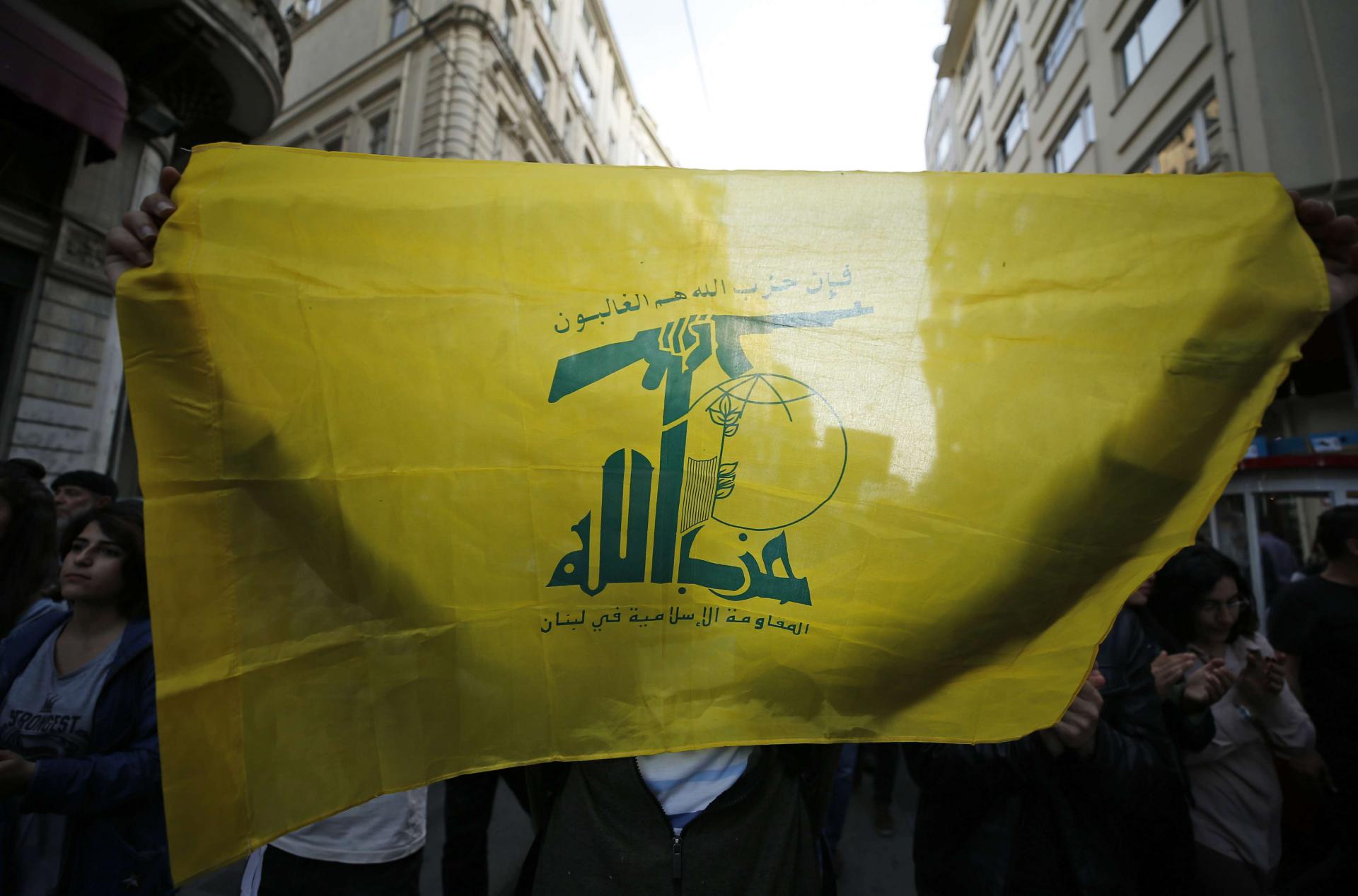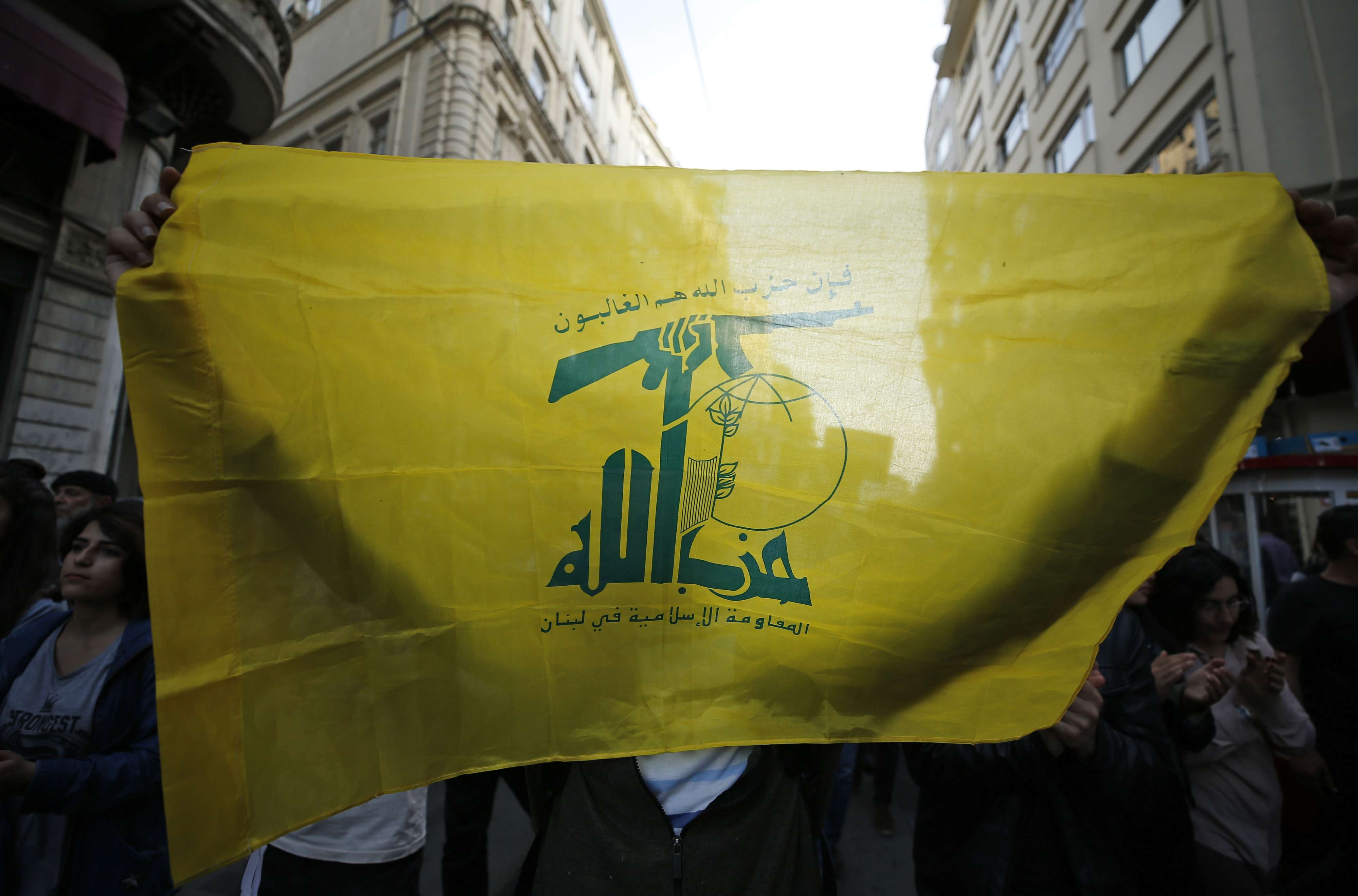Hezbollah says British ban is an 'insult' to Lebanon
BEIRUT - Lebanon's Hezbollah movement on Friday condemned Britain's decision to outlaw its political wing, describing the move as an "insult" to the Lebanese people.
Britain said on Monday it planned to ban all wings of Hezbollah due to its destabilising influence in the Middle East, classing it as a terrorist organisation. It said it would make membership of the Shiite movement or inviting support for it a crime.
Hezbollah is already deemed a terrorist organisation by Washington.
The decision follows outrage last year over the display of the Hezbollah flag, which features a Kalashnikov assault rifle, at pro-Palestinian demonstrations in London.
"The British government has insulted the sentiments and the will of the Lebanese people by adopting this decision," the heavily armed Shi'ite group, which is backed by Iran, said in a statement.
It said it was a "resistance movement against Israeli occupation" and described the British move as an "insult to the feelings, sympathies and will of the Lebanese people".
"The Lebanese consider Hezbollah to be a big political and popular force and they have granted it wide representation in parliament and government," it said.
Beyond Lebanon, the group warned Britain the move would "invite hostility from the people of the region," and would harm its role in the Middle East.
"Hezbollah sees in this decision servile obedience to the US administration, revealing that the British government is but a mere follower in service of its American master," the statement added.
Hezbollah was established in 1982 during Lebanon's civil war and is now a major political party in the country.
But British Foreign Secretary Jeremy Hunt said in a statement on Monday any distinction between its military and political wings "does not exist".
"This (decision) does not change our ongoing commitment to Lebanon, with whom we have a broad and strong relationship," he added.
Long the most powerful group in Lebanon, Hezbollah's clout has expanded at home and in the region.
The group controls three of 30 ministries in the government led by the Western-backed Prime Minister Saad al-Hariri, the largest number it has ever held.
Hezbollah and political allies that view its arsenal as an asset to Lebanon won more than 70 of parliament's 128 seats in an election last year, a major blow to Lebanese parties that oppose its possession of weapons.
It has also seen its regional influence expand with fighters in various Middle East conflicts including neighbouring Syria.
Lebanon's Foreign Minister Gebran Bassil said senior British officials had agreed the issue should not "impact on bilateral relationships between Lebanon and Britain".
Bassil, whose Free Patriotic Movement party is allied with Hezbollah in government, added it "will not have direct negative consequences on Lebanon because we are already used to this situation with other countries".
The move to list Hezbollah earned swift praise from the United States, Israel and Saudi Arabia.



